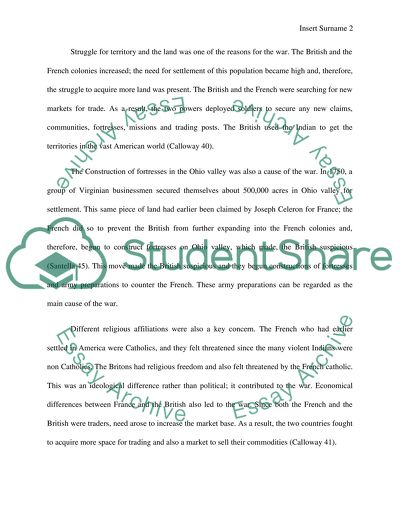Cite this document
(n.d.)
Retrieved from https://studentshare.org/history/1444686-french-and-indian-war
Retrieved from https://studentshare.org/history/1444686-french-and-indian-war
()
https://studentshare.org/history/1444686-french-and-indian-war.
https://studentshare.org/history/1444686-french-and-indian-war.
n.d. https://studentshare.org/history/1444686-french-and-indian-war.


